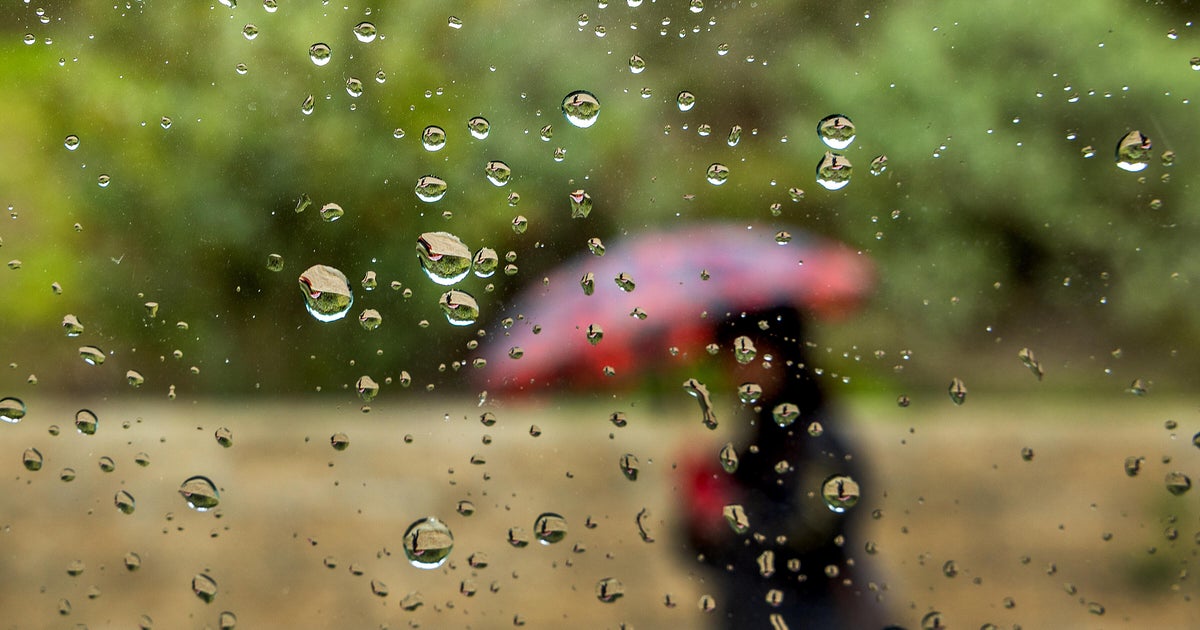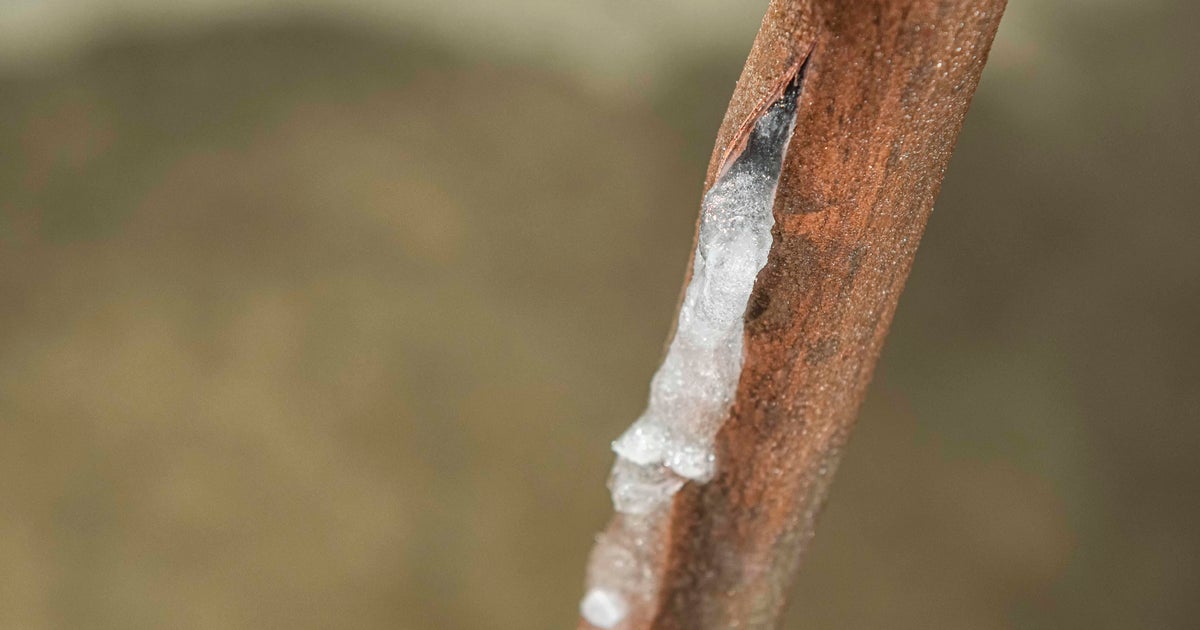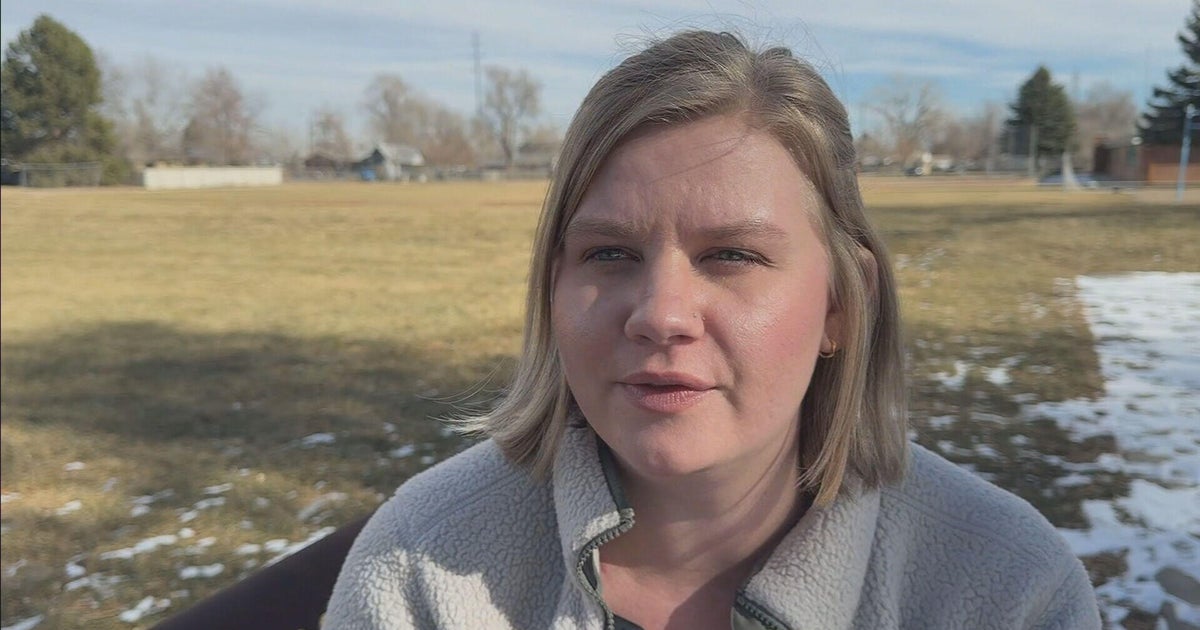University of Miami researchers work to help coral reefs survive marine heat waves
MIAMI - Scientists from NOAA returned to the Florida Keys in early March to assess the impacts of last summer's marine heat wave on the coral reefs.
"I think we were really bracing for major losses of corals," said Andrew Baker, a researcher at the University of Miami's Rosenstiel School of Marine and Atmospheric Science.
CBS News Miami went to him after NOAA released its report.
Of the 1,500 staghorn corals surveyed, less than 22 percent remain alive. Those coral were only observed at Carysfort Reef and Horseshoe Reef. Elkhorn coral was found farther south but at only three of the five reefs surveyed. Neither coral was found alive at Looe Key in the lower Keys.
"Something like 22 percent of staghorn coral survived which is not great, but it's a hell of a lot better than we feared," said Baker.
Fears peaked last summer as ocean temperatures soared to record levels in just a matter of days.
"That really sounded the alarm for us," said Dalton Hesley, a senior research associate also at the Rosenstiel School. "It was necessary to build a full-scale coral rescue."
He said many researchers and citizen scientists dropped everything to take the coral from the ocean to the cooler, climate-controlled tanks the university uses to not only rescue but also research the coral. It's research that these scientists are doing here in those tanks that they hope will solve the long-term problem of helping coral survive despite a warming ocean due to climate change.
"We're actually very interested in looking at these survivors to figure out why they survived, and how can we use that to generate better corals to deal with the climate of the future," said Baker.
This will ensure that the coral not only survives but thrives in the waters off South Florida and the Keys. Ensuring that the coral not only survives but thrives is essential for all of those living in South Florida and the Keys.
When the water gets too warm the coral turns white or becomes bleached. This is due to the stressed coral expelling the algae that lives on the coral which is also their source of food. Bleached coral is not dead immediately. It is possible for the algae to return to the coral, but if it does not for an extended period the coral can die.
Even though conditions improved once the water-cooled, Baker and his team will continue to monitor for the possibility of more bleaching events.
"All indications are the Earth is still going to be another record breaker and that's news for us," he said.
Ocean waters are already warm this year which means if the warming ocean trend will not change then the coral will have to. That means the researchers will have more research to do as summer temperatures rise later this year.
"That means incorporating new science into the way we restore and use the best available science. Collaborate and coordinate to make sure we're putting out the best coral we can," said Baker.








